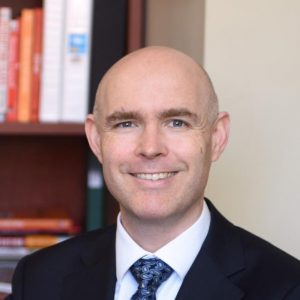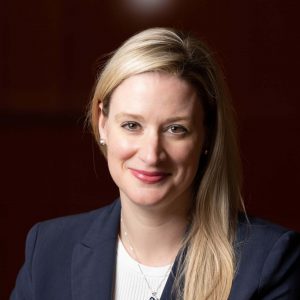Academic Freedom
Academic freedom is valued very highly at Adelphi; nevertheless, the University is disinclined to see the concept abused.
Policy Statement
Academic Freedom for the Faculty of Adelphi University means:
Freedom: of expression in the classroom on matters relevant to the subject and the purpose of the course and of choice of methods in classroom teaching; from direction and restraint in scholarship, research, and creative expression and in the discussion and publication of the results thereof; to speak and write as a citizen without institutional censorship or discipline;
And
Responsibility: to perform faithfully the duties of the position; to observe the special obligations of a member of a learned profession and an officer of an educational institution to seek and respect the truth; to make it clear that utterances made on one’s own responsibility are not those of an institutional spokesman.
Academic freedom is valued very highly at Adelphi, and the University defends it tenaciously; nevertheless, the same University is disinclined to see the concept abused. Academic freedom does not imply immunity from prosecution for illegal acts of wrongdoing, nor does it provide license for faculty members to do whatever they choose.
Reason for Policy
To promote public understanding and support of academic freedom and tenure and agreement upon procedures to ensure them in colleges and universities. Institutions of higher education are conducted for the common good and not to further the interest of either the individual teacher or the institution as a whole. The common good depends upon the free search for truth and its free exposition.
Who Is Governed by this Policy
Faculty, Staff and Students
Policy
The University and the Union subscribe to the following principles of full academic freedom for all members of the University community.
- Academic freedom is the right to engage in research, scholarship and other creative work and in the publication of the results, subject to the adequate performance of his/her academic duties; but research for pecuniary return should be based upon an understanding with the authorities of the institution.
- The faculty member is entitled to freedom in the classroom in teaching and discussing his/her subject, but he/she should be careful not to introduce into his/her teaching controversial matter that has no relation to his/her subject. Limitations of academic freedom because of religious or other aims of the institution should be clearly stated in writing at the time of appointment.
- The college or university teacher is a citizen, a member of a learned profession, employed in an educational institution. When he/she speaks or writes as a citizen, he/she should be free from institutional censorship or discipline, but his/her special position in the community imposes special obligations. As a person of learning and an educator, he/she should remember that the public may judge his/her profession and his/her institution by his/her utterances. Hence he/she should at all times be accurate, should exercise appropriate restraint, should show respect for the opinions of others, and should make every effort to indicate that he/she is not an institutional spokesperson.
Definitions
This policy does not have definitions associated with it at this time. Upon periodic policy review this area will be evaluated to determine if additional information is needed to supplement the policy.
Forms
This policy does not have forms associated with it at this time. Upon periodic policy review this area will be evaluated to determine if additional information is needed to supplement the policy.
Related Information
This policy does not have related information at this time. Upon periodic policy review this area will be evaluated to determine if additional information is needed to supplement the policy.
Document History
- Last Reviewed Date: January 23, 2023
- Last Revised Date: September 1, 2016
- Policy Origination Date:
Who Approved This Policy
This policy is the result of collective bargaining negotiations and is approved by the University and the Union.
Primary Contacts
-
Contact
-
516.877.4499
-
Levermore Hall 101

-
Contact
-
Levermore Hall 101
